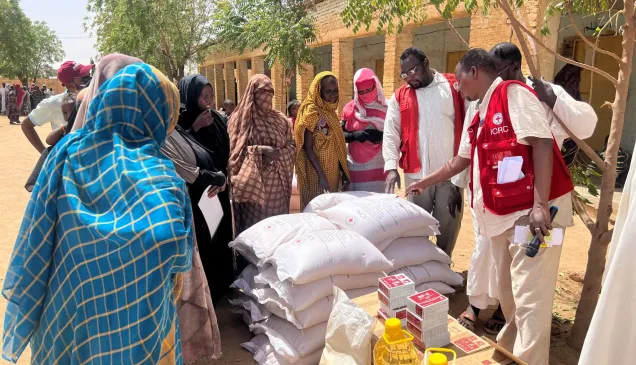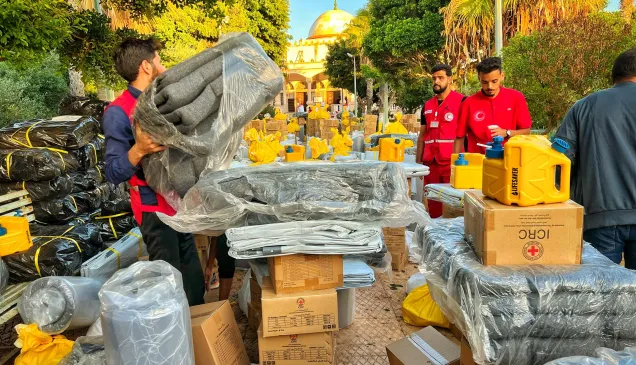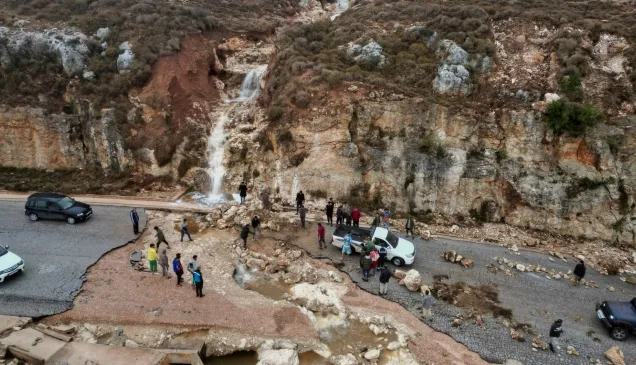Libya: Returnees of Tawergha rebuild their lives after displacement
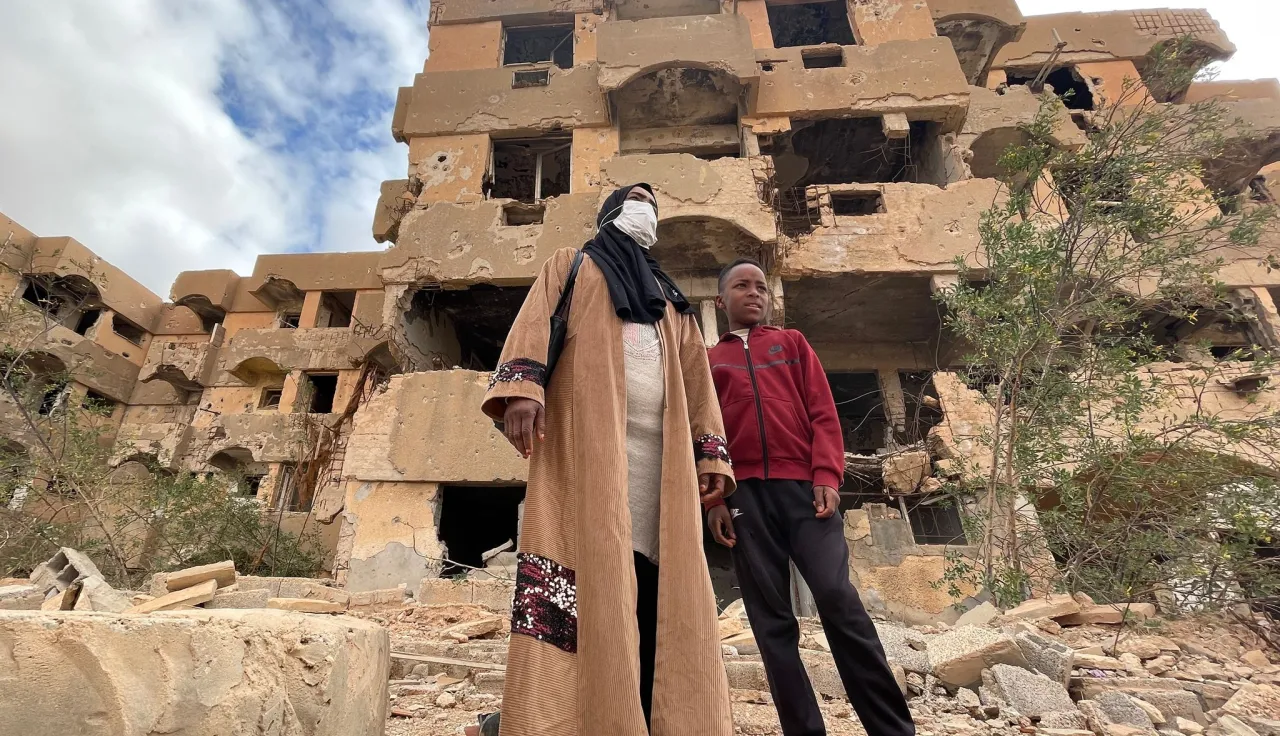
“You only leave home when home won’t let you stay”, is a poignant line from Warsan Shire’s popular poem titled “Home” that aptly captures the reality of thousands of families from Tawergha in north-western Libya.
When conflict broke out in 2011, they were forced to flee and spent over a decade in displacement. Tawergha lost 95 percent of its population in 2011.
The city still carries the scars of the decade-long conflict; concrete walls are pockmarked with bullet holes, carcasses of cars strewn apart and empty streets are vivid reminders of past brutality. In a small street, a school bell breaks the silence of a sunny winter morning.
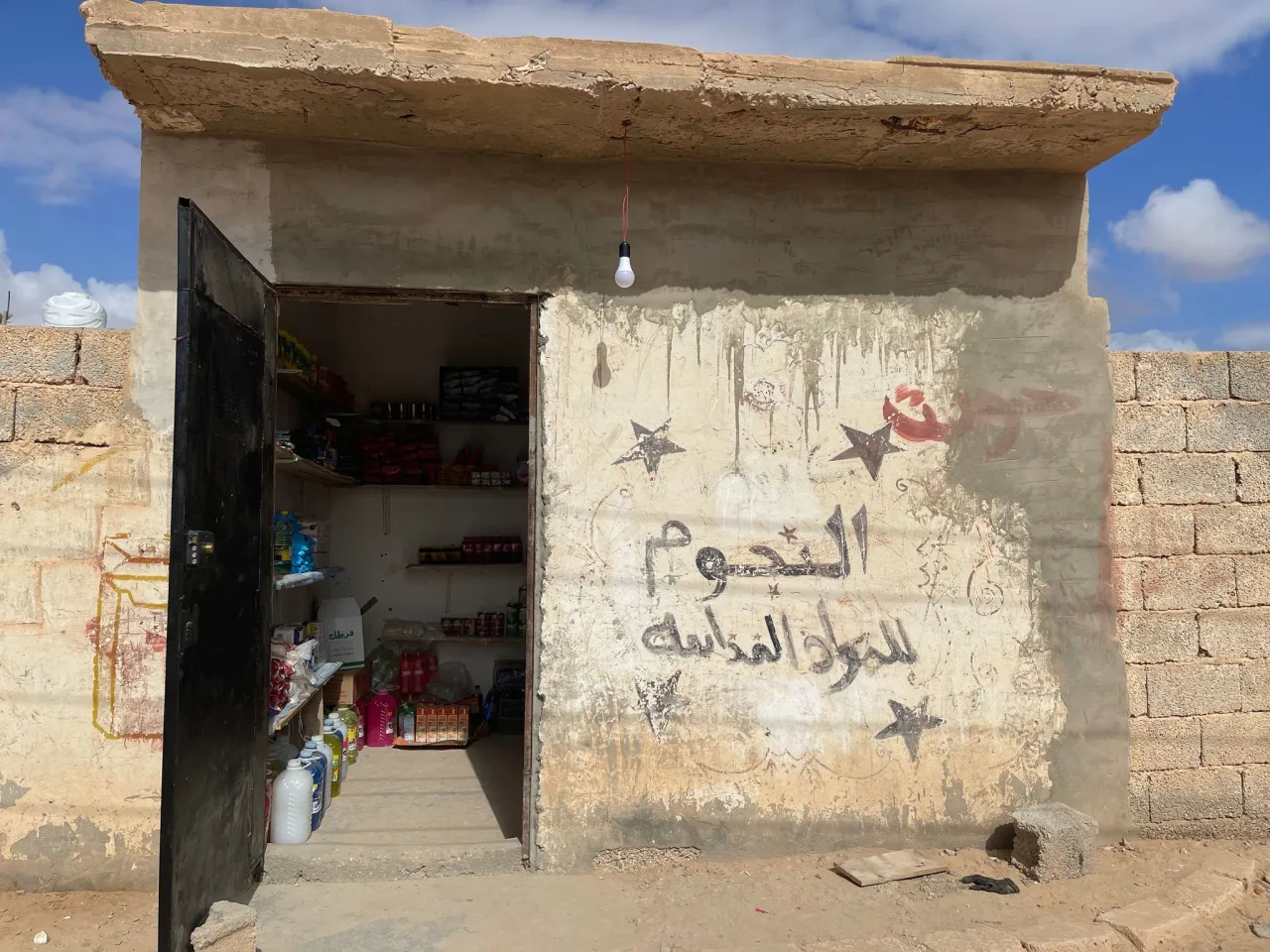
Many Libyans, especially returnees, struggle to pick up the pieces and start all over again amid damaged or destroyed neighbourhoods and a weakened economy.
According to the UNHCR, by May 2021, around 7,000 of the formerly 40,000-strong town's inhabitants have returned. Among them, many live with relatives, while others in their partially repaired houses or in the classrooms of a school which has been transformed into a shelter to host families with nowhere else to go.
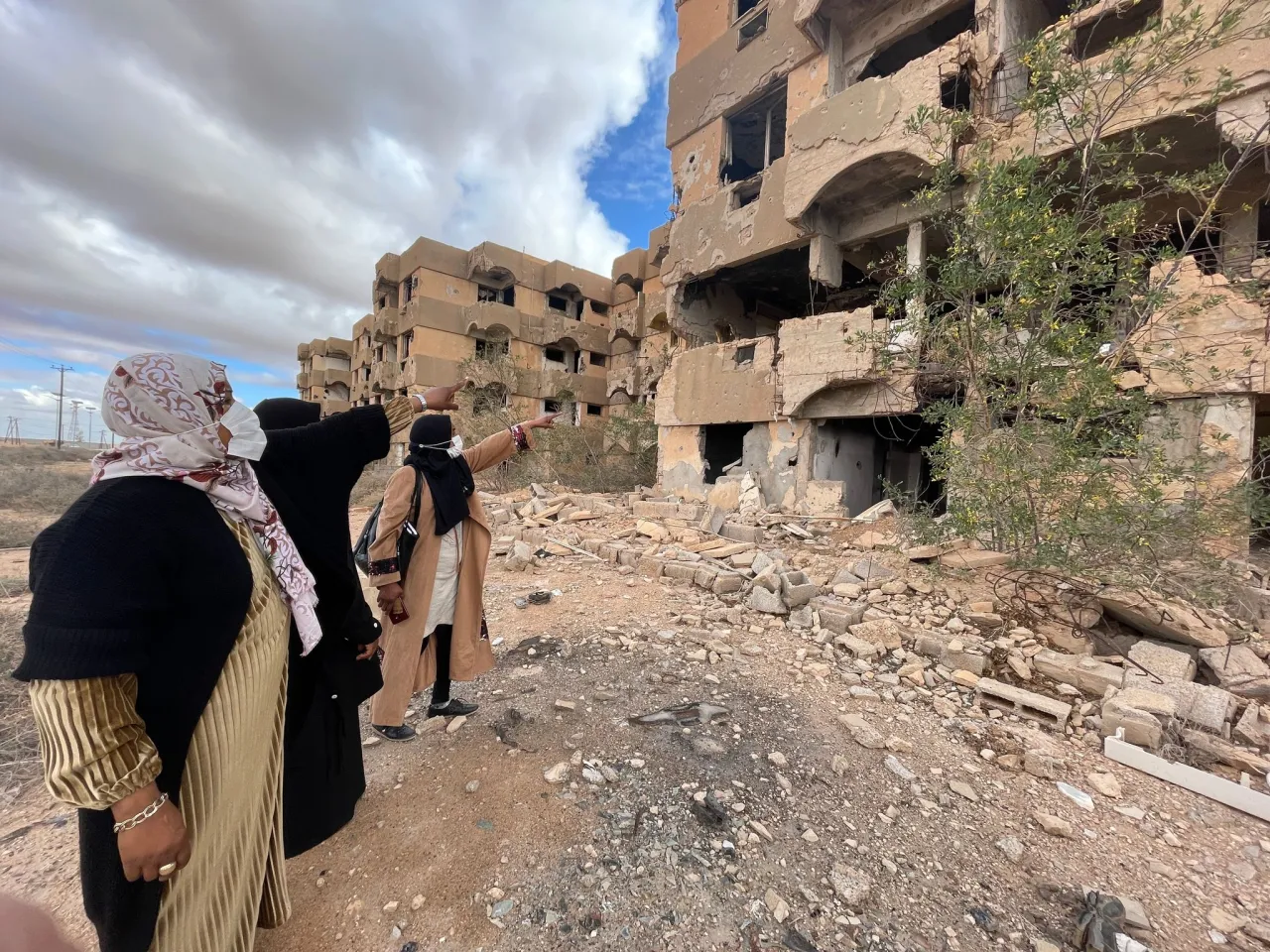
Despite the cessation of hostilities, those who have recently returned are often the most vulnerable, especially women and the elderly.
With the cessation of hostilities, many displaced families returned to their places of origin, only to find themselves confronted with the vivid aftermath of violence. Their homes were fully or partially destroyed, basic infrastructure and services deteriorated, and a fragile socio-economic situation made recovery even more complicated for most returnees.
Electricity, water, gas, transportation and all other means of life were nonexistent, notably in health and access to safe water.
People worked hard to restore some essential services, at least in their homes. They dug wells and connected the electricity lines. They rebuilt their homes, one room after another.
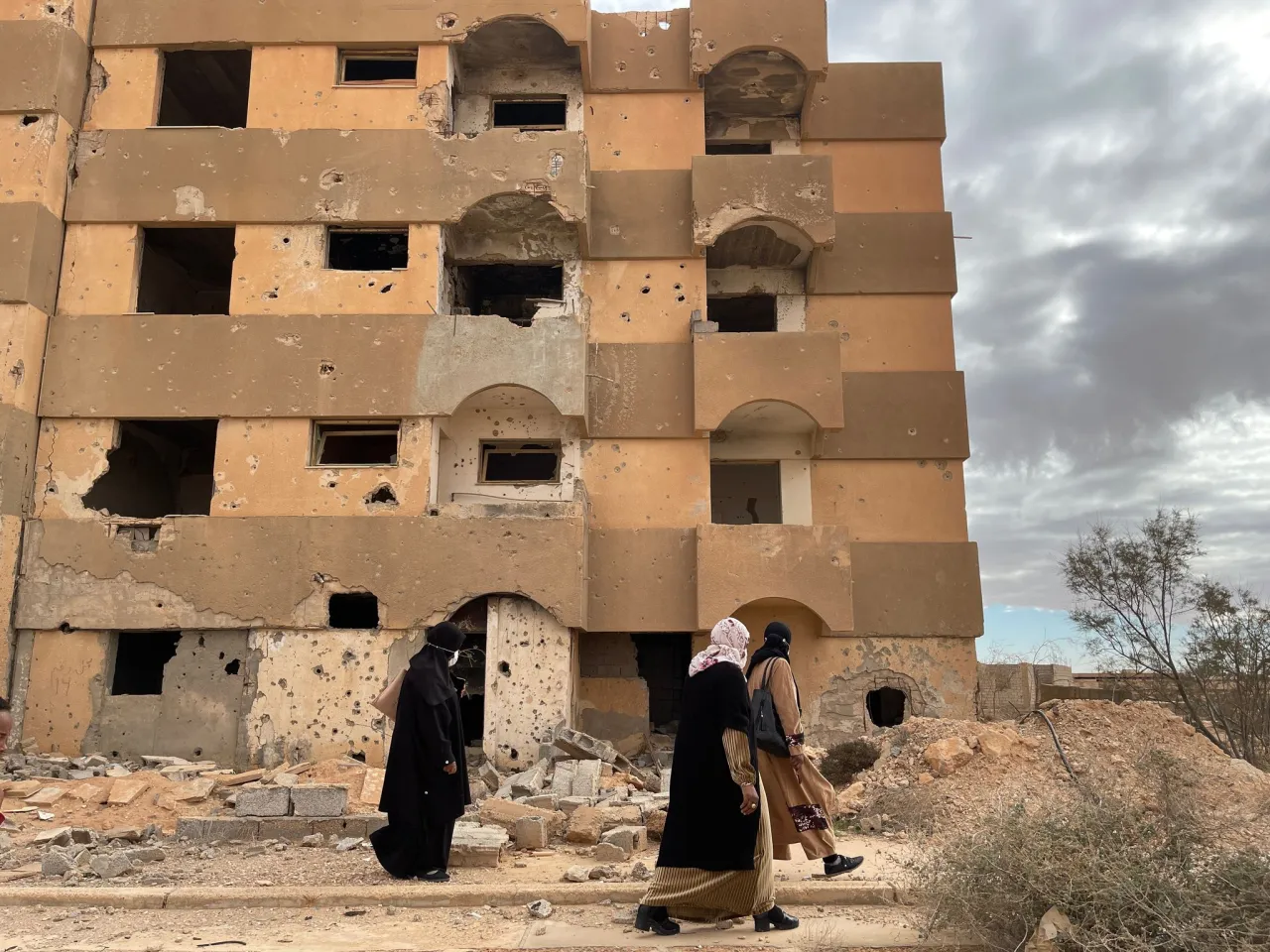
Mariam*, Aida* and Fatema* had a different journey of displacement, yet going back home was equally painful for three of them as home didn’t look like home anymore.
We spoke to three Libyan women about their experiences of returning home after years of displacement.
*Names have been changed
Mariam, Aida and Fatema are all schoolteachers. They shared much more than a profession. They shared the twin burden of pain and sadness about being away from home. Their journeys, though, were different.
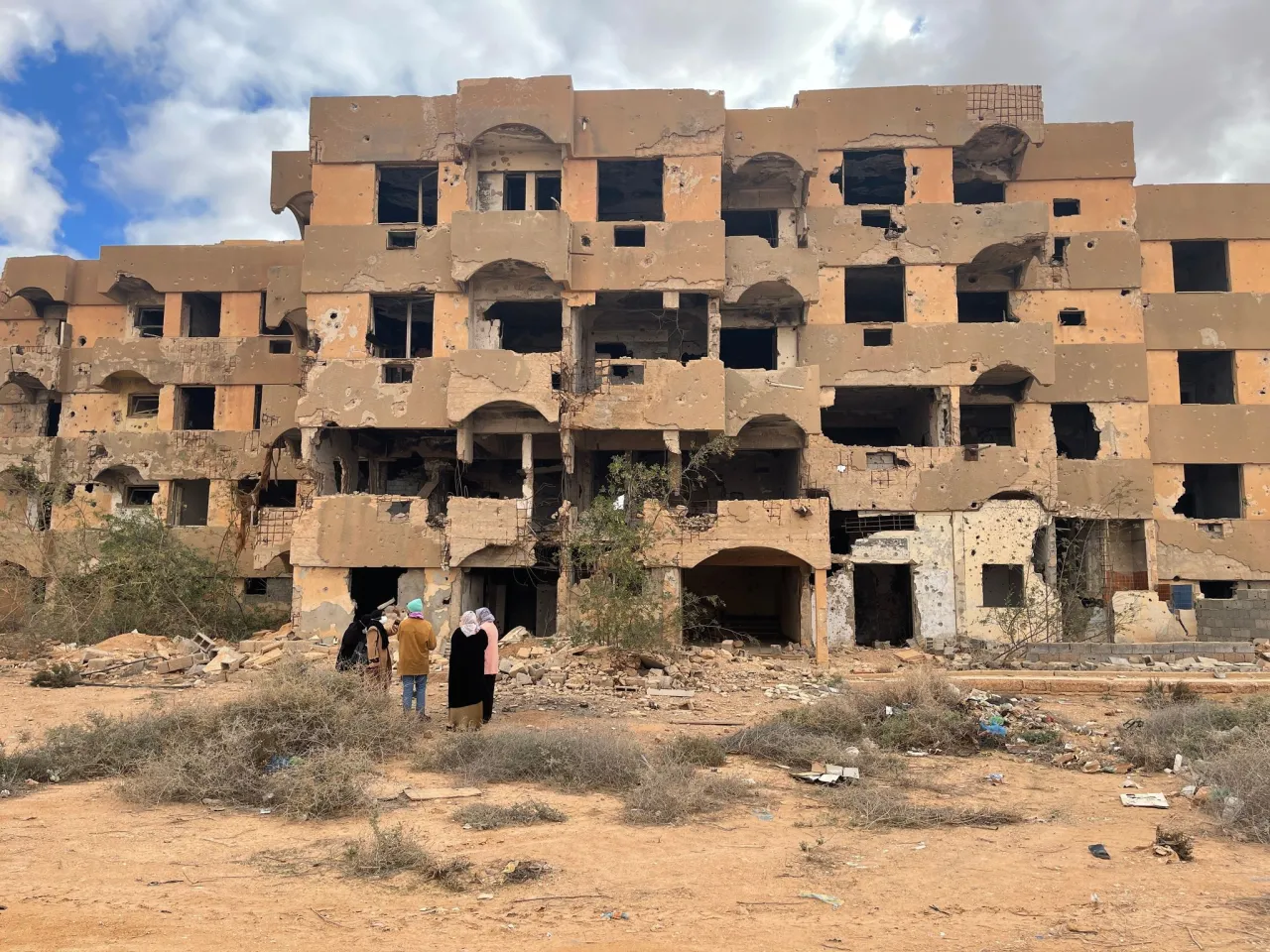
Former residents of Tawergha, Libya, had returned, only to find that electricity, water, gas, transportation and all other means of life were nonexistent, notably in health and access to safe water.
Aida: Mixed feelings about returning home
"I had mixed feelings when I first returned in 2019. A few people had returned by then. It was a mix between a revived city thanks to the returnees, but it was also gloomy and sad because of the destruction," said Aida, a teacher at the local Al Quds school.
Aida recalls when she arrived home, "when I entered and saw my burnt house, I threw myself to the ground to try to feel home again."
Throughout the following weeks, she kept waiting for any signs of life in her neighbourhood.
One day, I was cleaning the house, and suddenly, I heard some knocks nearby. It sounded like someone was beginning to fix their house. Excited, I ran out to check, following the sound. Sure enough, I stumbled on my old neighbours and went to hug them.
Aida planted vegetables, coriander and peas in her garden when she finally settled.
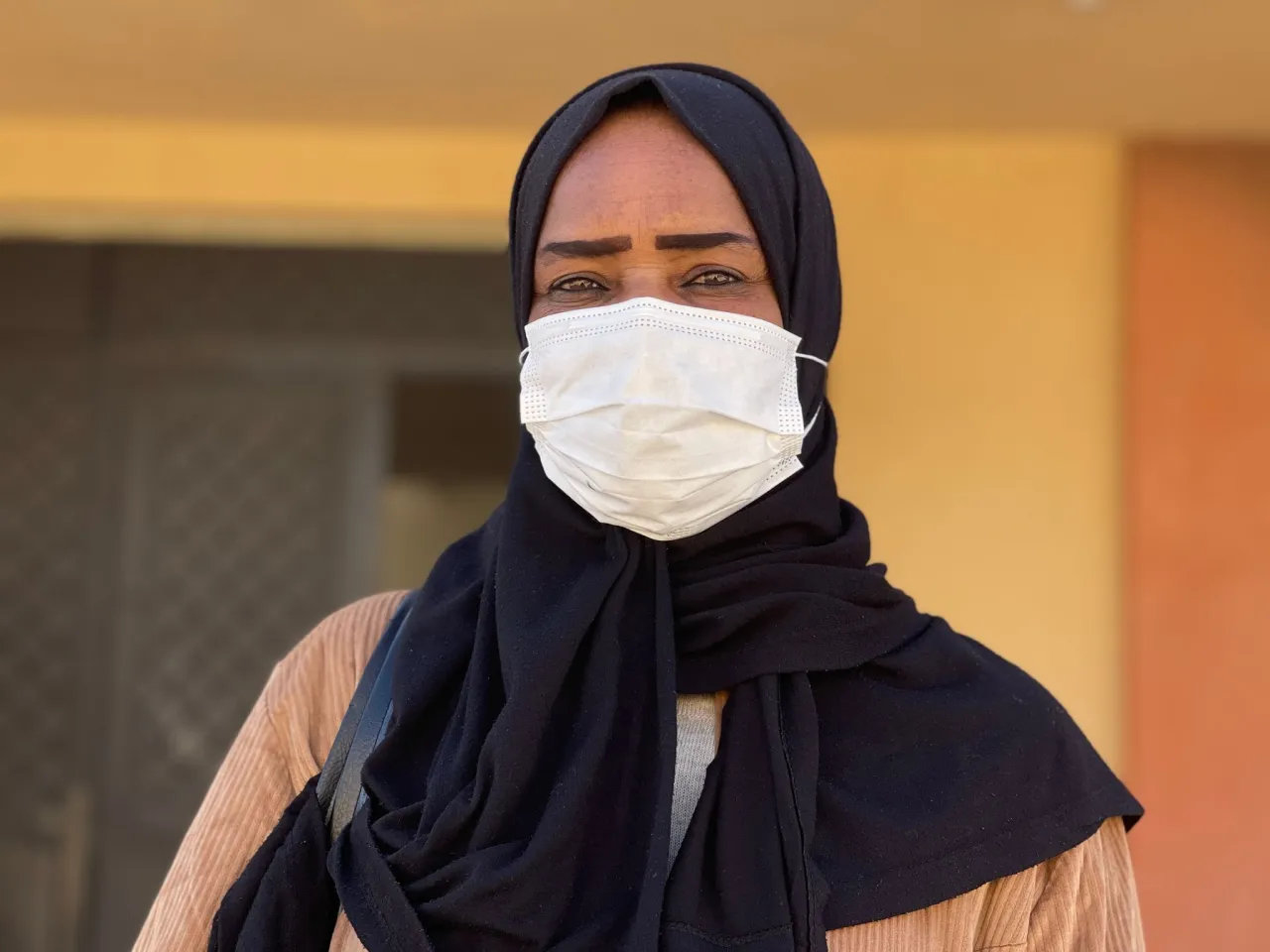
“Upon my return, my house had no doors, no windows, but I still felt safe again in it,” recalls Mariam, a returnee to Tawergha
Fatema: I could finally sleep peacefully again.
Fatema's smile hardly reaches her eyes. And her story explains why.
Upon her return to Tawergha, her 10-year-old disabled daughter died due to the cold weather the family experienced while staying with relatives in Tawergha. Their house had neither windows nor electricity, so they could not keep warm.
"Her memory breaks my heart, but I thank Allah that my daughter died in her hometown and was at least able to see Tawergha for a few days", said Fatema.
When I eventually came back home, I was able to sleep in peace finally. It's as if I was never able to truly sleep all these years away from my home,
recounted Fatema.
"There was a burden on our hearts that we were only able to lift when we returned."
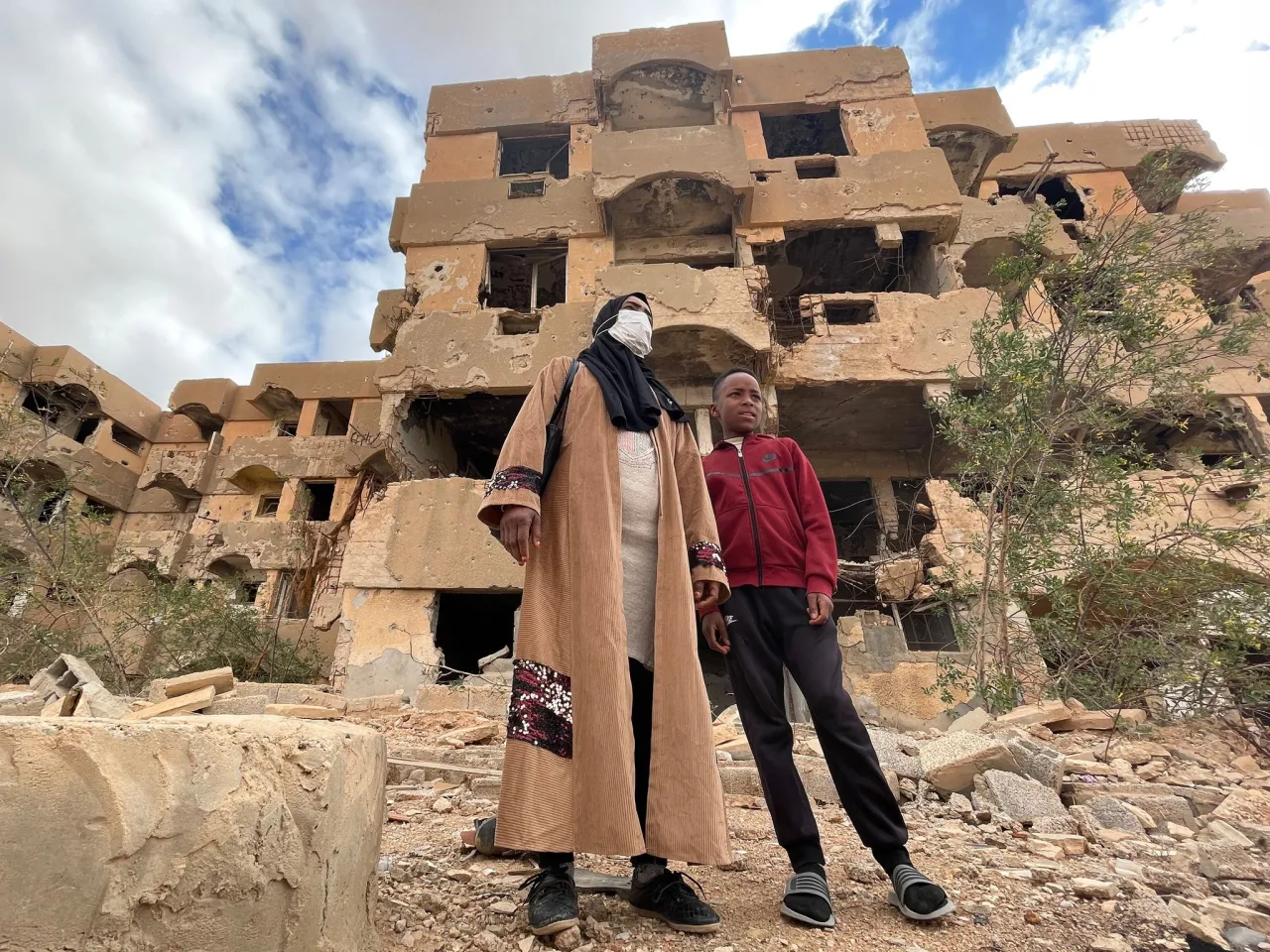
Miriam and Her son in front of their building in Tawergha, Libya
Mariam: There were no doors, no windows, but I felt safe
For Mariam, who was displaced five times in eight years, nothing is more important than stability and security.
And that's what she felt again when she entered her destroyed house in Tawergha in 2019.
There were no doors, no windows, but I still felt safe again.
When she fled Tawergha in 2011, she was pregnant and left everything behind, except her handbag and her children's birth certificates.
Like many inhabitants, she thought she would be back in just a couple of weeks or months. Instead, she had to live in five cities and found out that her house had been destroyed while watching the news on TV.
"I realized it was my compound when I saw my young son's red toy car on the balcony. This was the kitchen. You see there? That's where the kids used to play."
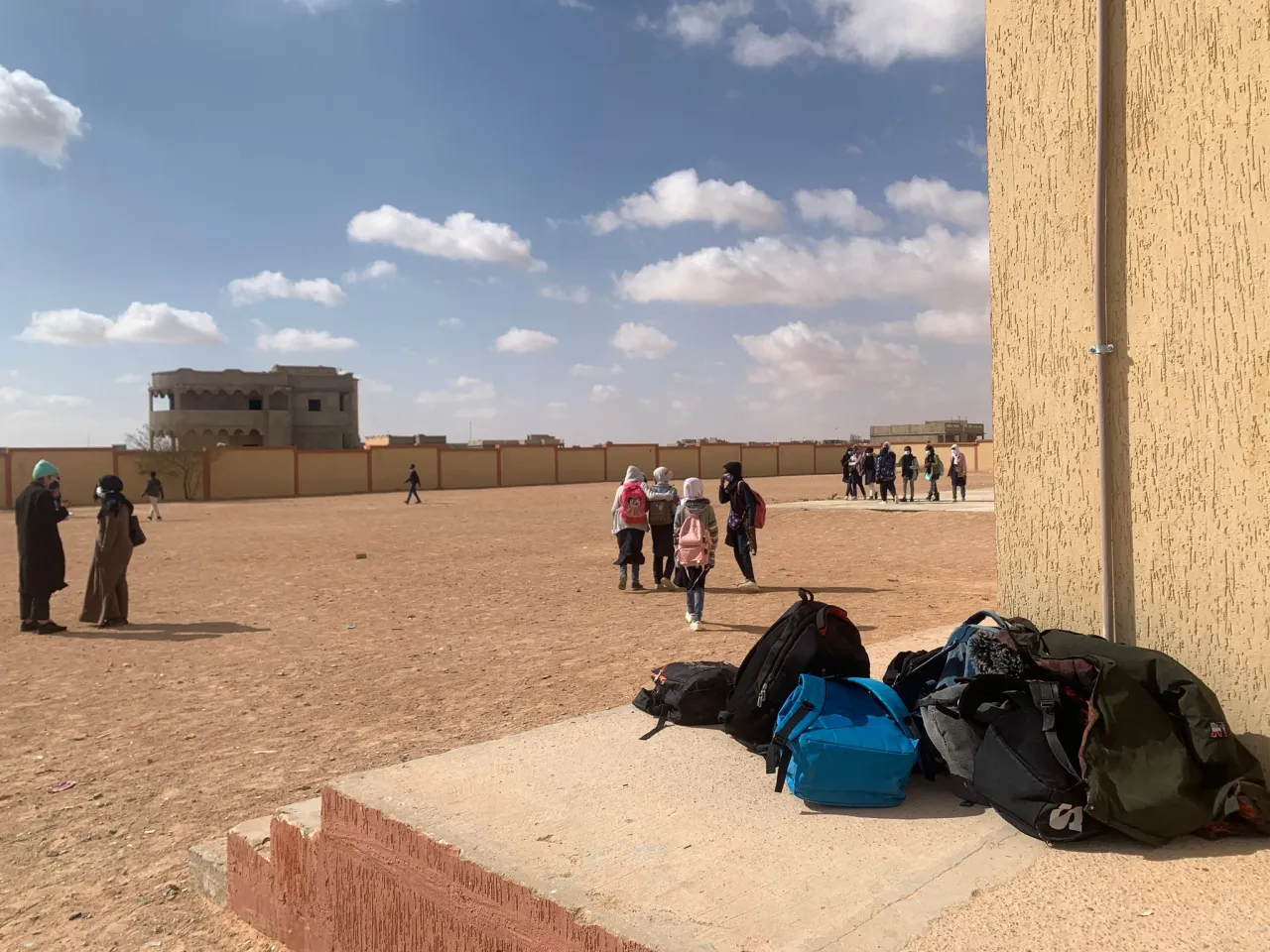
By May 2021, around 7,000 of the formerly 40,000-strong town’s inhabitants have returned. Many live with relatives, while others in their partially repaired houses or in the classrooms of a school that has been transformed into a shelter to host families with nowhere else to go.
The ICRC's role
The International Committee of the Red Cross (ICRC) recently conducted several needs assessments in the city. It supported the enhancement of some vital facilities, such as Fatema and Aida's school, which benefited from furniture donations from the ICRC, such as cupboards, chairs and desks.
"The humanitarian needs in Tawergha are diverse, interconnected and huge. Every time we come here and conduct an assessment, we discover further deterioration in terms of needs," explained Gagik Isajanyan, a member of the ICRC team.
Many Libyans, especially returnees, struggle to pick up the pieces and start all over again amid damaged or destroyed neighbourhoods and a weakened (and conflict-based) economy.

